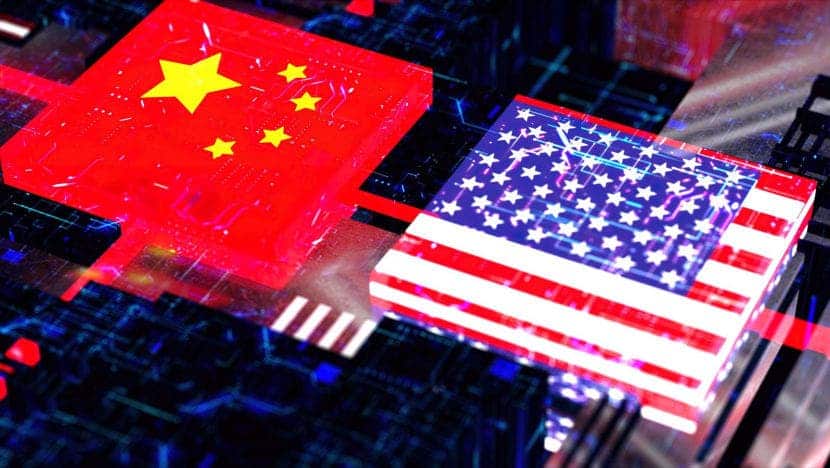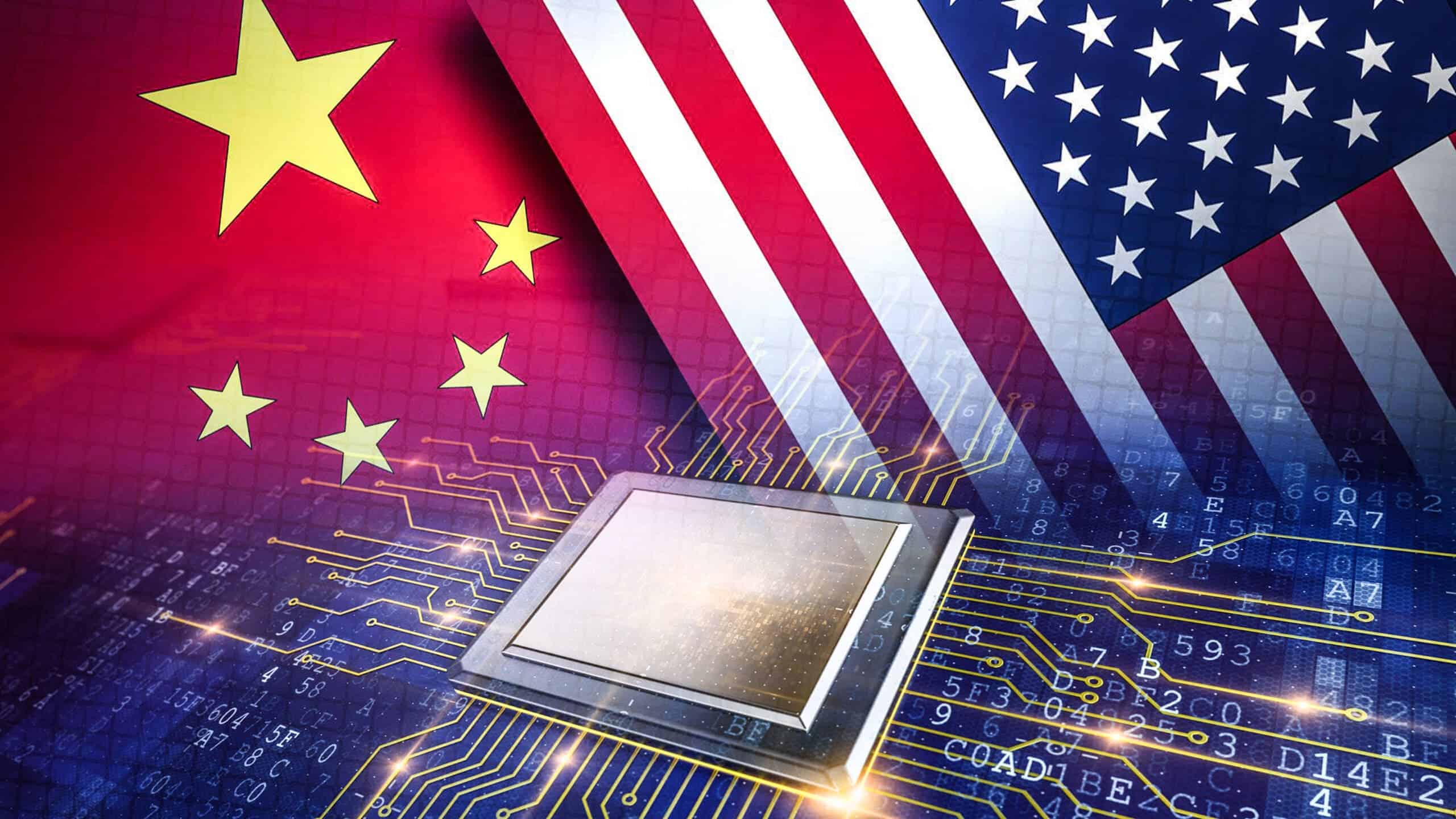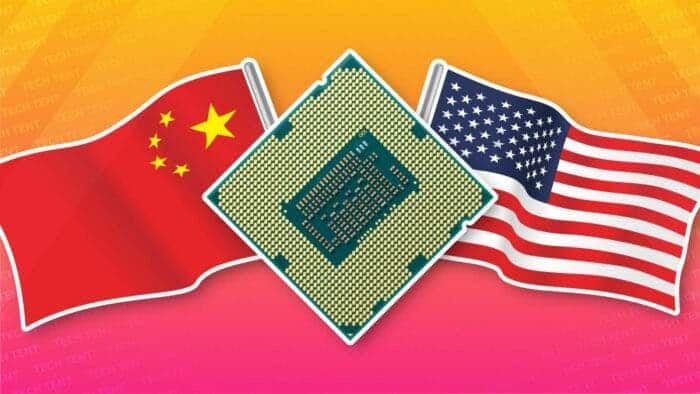Huawei made big news when they launched their Mate 60 series phones, featuring the powerful Kirin 9000s chip. It is intriguing that despite facing restrictions from the United States, Huawei managed to incorporate 5G-capable chips made in China. They even incorporated parts like SK Hynix RAM, which wasn’t supposed to happen due to those restrictions.
The US Government Plans to Restrict Exports of Computer Chips to China 
Now, there’s a new report from Reuters suggesting that the U.S. government, under President Biden, is considering more sanctions to stop the export of certain computer chips to China. These chips are mainly used for artificial intelligence (AI) technology.
The report mentions that AI chips will be the primary focus of these new sanctions. To do this, the U.S. government plans to set specific rules based on how these chips work. The idea is to make it harder to send these chips to China.
It’s important to note that these new rules won’t affect chips used in everyday devices like phones and laptops. However, U.S. companies will need to tell the U.S. Commerce Department if they want to sell their most powerful chips to Chinese companies. Then, the Commerce Department will carefully check each case to determine if it could be a threat to national security.
Additionally, the U.S. government is thinking about creating a new measure called a “performance density parameter.” This measure is meant to make it harder for people to find ways to send these chips to China in ways that go against the rules.
In simple terms, the U.S. government wants to stop certain types of computer chips, especially those used for AI, from being sent to China. This is because they believe these chips could pose a risk to the country’s security. Everyday items like phones won’t be affected, but the most powerful chips will face stricter rules. The U.S. is also trying to come up with new rules to make it even harder to get around these restrictions.
US Chips Used in Consumer Electronics Can be Shipped to China 
The new restrictions on semiconductors may not totally affect chips used for consumer electronics. However, U.S. semiconductor manufacturers will have to notify the U.S. Commerce Department when they fulfill orders for their most powerful products going to Chinese companies. The Commerce Department will review each case to determine if these chip exports could be a national security concern. Additionally, the U.S. is working on a “performance density parameter” for chip exports to prevent potential circumventions of restrictions on chip exports to China.
What are The Potential Negative Impacts of the Restriction of Computer Chip Exports to China by the U.S?
While the U.S. government’s plans to impose stricter sanctions on the export of certain computer chips to China are aimed at safeguarding national security, there are potential counterarguments to consider:
1. Impact on Global Trade: Critics might argue that these sanctions could disrupt global technology supply chains. Restricting chip exports could harm not only Chinese companies but also American and international tech manufacturers who rely on open markets to remain competitive.
2. Innovation and Economic Growth: Some might contend that inhibiting the export of AI chips could stifle innovation and economic growth. Collaboration with international partners often drives technological advancements. These restrictions may impede progress in AI and hinder American companies’ access to global talent.
3. National Interests: Critics could assert that the U.S. government should focus on strengthening its own semiconductor industry rather than imposing restrictions. Enhancing domestic capabilities could provide better security and competitiveness in the long term.
4. Counterproductive Measures: There is a possibility that these measures could be counterproductive. Chinese companies may respond by investing more heavily in domestic chip manufacturing, reducing their reliance on American technology. This could ultimately reduce American influence and oversight in the global tech landscape.
5. Potential Escalation: Critics may argue that these sanctions could lead to an escalation of trade tensions between the U.S. and China, with possible retaliatory measures that could hurt American companies operating in China and disrupt global trade further.
6. Unintended Consequences: There is a risk of unintended consequences, as companies may find alternative methods to source the required technology, which could potentially be less transparent and controllable, posing even greater security risks.
It’s essential for policymakers to consider these potential counterarguments and assess the broader implications of these sanctions carefully to ensure that their intended goals align with the best interests of the United States and the global tech ecosystem.
Source / Via: GsmArena





